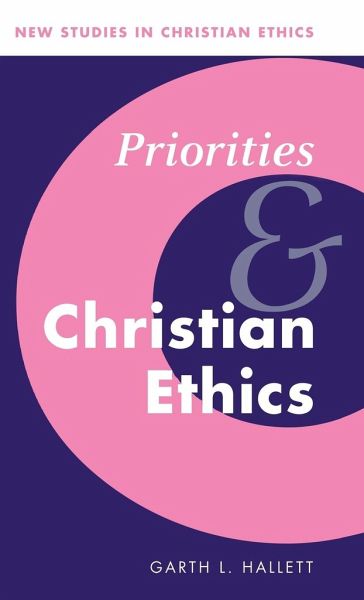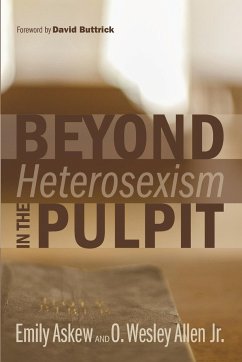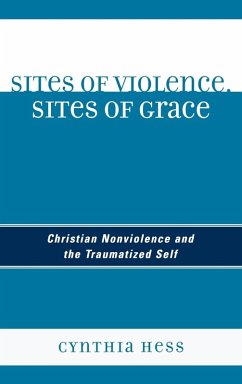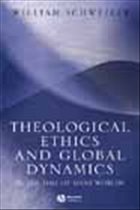
Priorities and Christian Ethics

PAYBACK Punkte
52 °P sammeln!
This book provides a full treatment of an issue which is particularly pressing: when the claims of the nearest (e.g. parents, children, spouses, friends) conflict with the claims of the neediest, as they constantly do, where should preference go? Professor Hallett focuses first on a specific, representative case, pitting the lesser need of a son against the greater need of starving strangers. He brings to bear on this single paradigm all the resources of theological and philosophical reflection - scriptures, patristic teaching, the Thomistic tradition, current debates - and from this single ex...
This book provides a full treatment of an issue which is particularly pressing: when the claims of the nearest (e.g. parents, children, spouses, friends) conflict with the claims of the neediest, as they constantly do, where should preference go? Professor Hallett focuses first on a specific, representative case, pitting the lesser need of a son against the greater need of starving strangers. He brings to bear on this single paradigm all the resources of theological and philosophical reflection - scriptures, patristic teaching, the Thomistic tradition, current debates - and from this single example he sheds light on a wide range of comparable cases, both private and public. This distinctive strategy leads to distinctive and challenging results, and at the same time helps to clarify the traditional 'order of charity' and the celebrated 'preferential option for the poor'.














